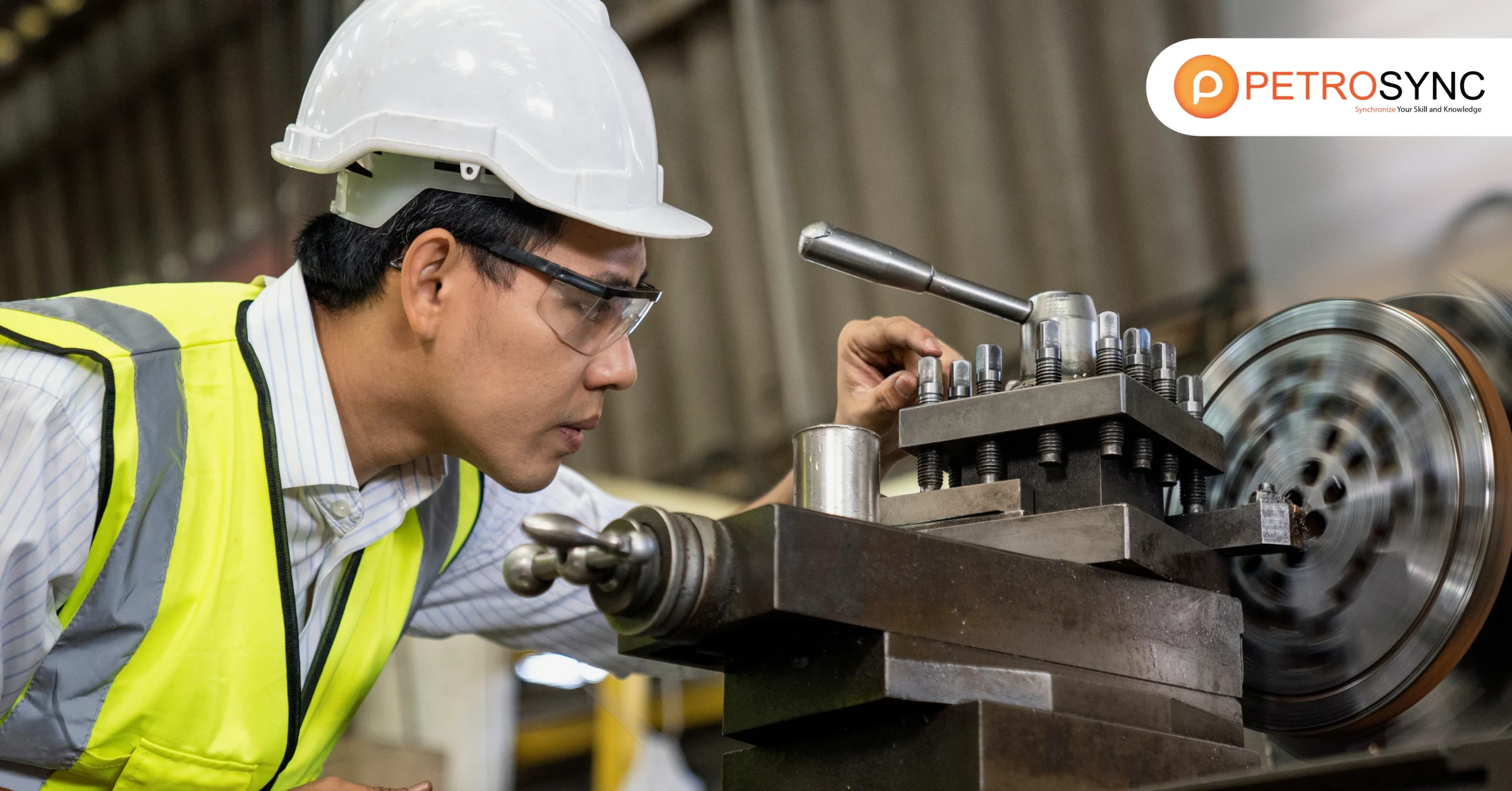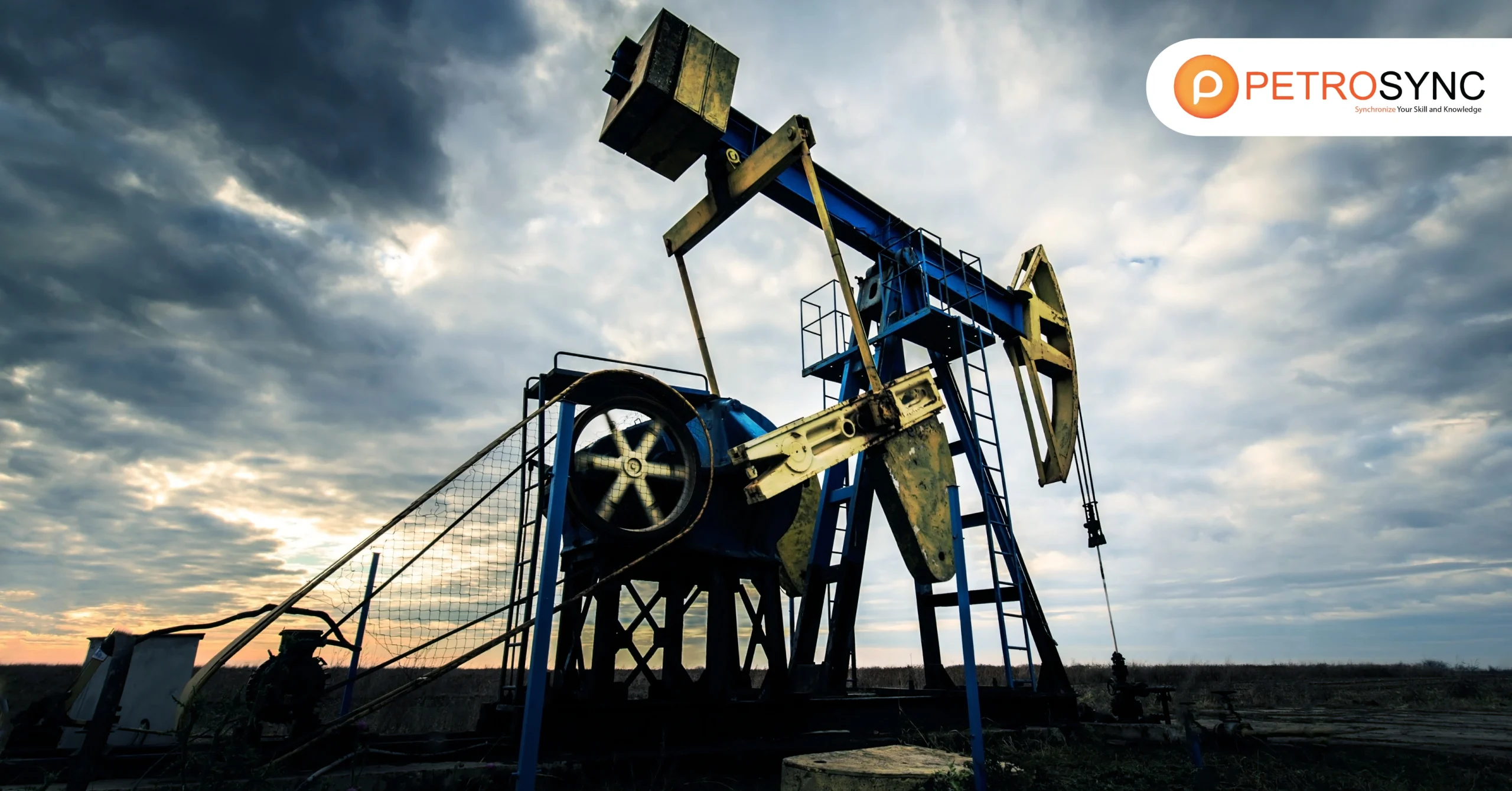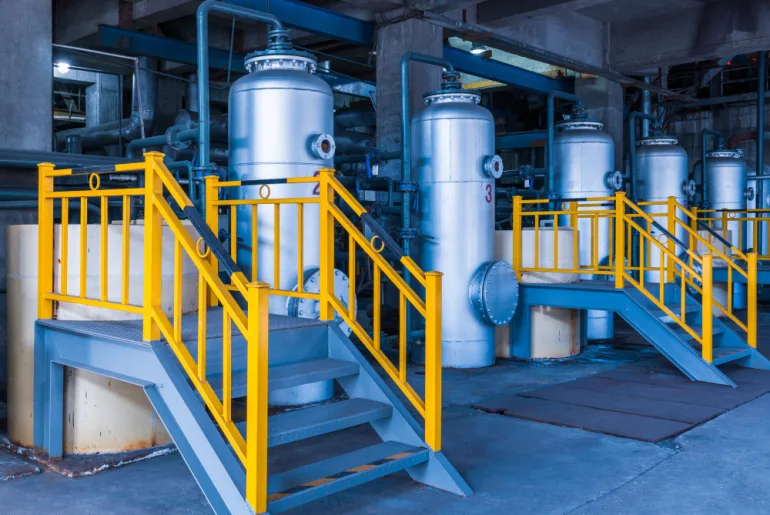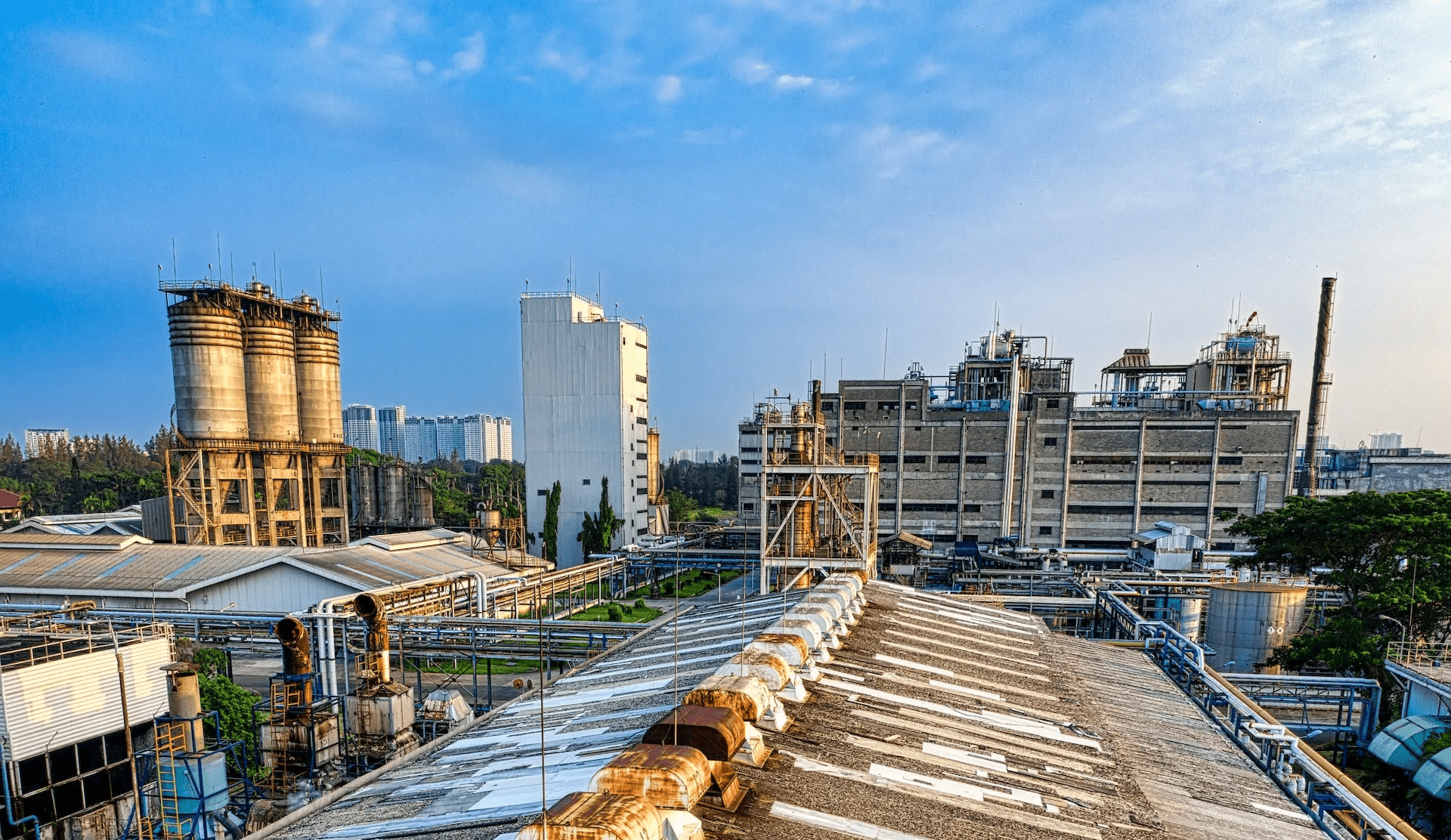If you’re getting ready for the API 571 exam, you’re taking a big step toward advancing your career. This exam is important in the field of asset integrity management, and preparing for it is essential. In this article, we’ll provide…
The refining business typically faces issues associated with equipment wear and tear caused by numerous degradation processes. When not addressed effectively, these concerns can result in expensive maintenance costs, operational disruptions, and potential safety hazards. Engineers, inspectors, and maintenance teams…
Oil and gas, petrochemical, and energy industries all require high levels of equipment reliability. Understanding the damage mechanisms that affect equipment improves the integrity of refining processes. Here is where API 571 certification comes into play. This qualification equips professionals…
API 571 is an important step in the certification process for professionals in the oil, gas, and petrochemical industries. Understanding the many damage mechanisms that influence stationary equipment is critical for maintaining both safety and operating efficiency in refinery environments.…
API 571 is an American Petroleum Institute (API) guideline called “Damage Mechanisms Affecting Fixed Equipment in the Refining Industry.” It provides recommendations on recognizing and managing damage to equipment like pressure vessels and piping in refineries. It covers corrosion, cracking,…
Corrosion materials are a significant concern in various industries, especially in the oil and gas sector. Understanding the intricacies of corrosion, its prevention, and how to protect against it is crucial for engineers and professionals. In this informative article, we…







